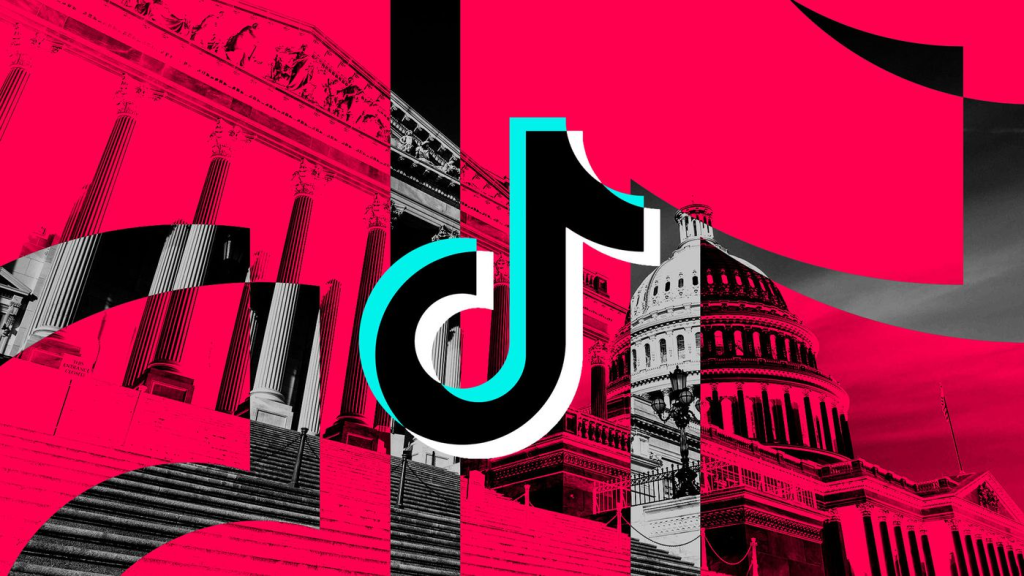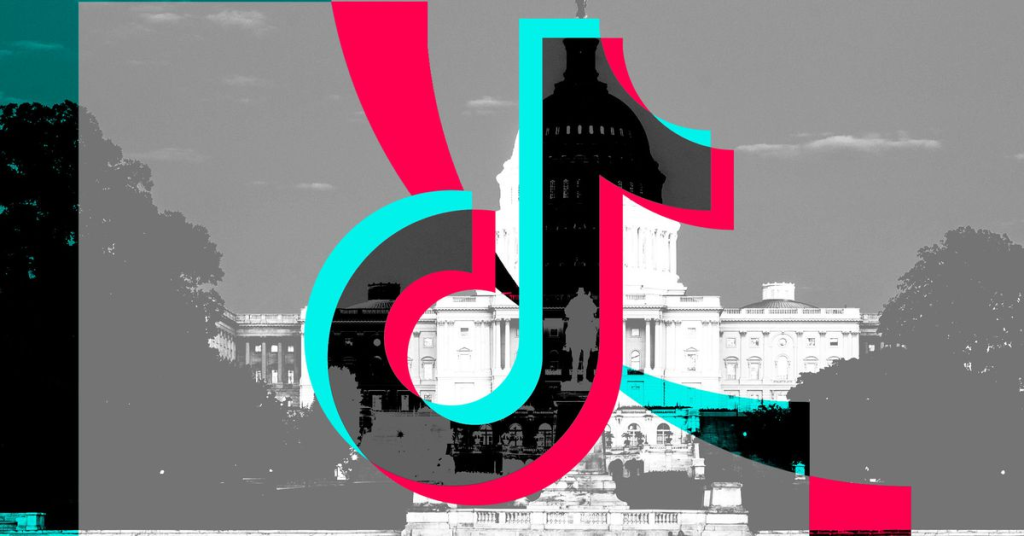In recent times, the possibility of a TikTok ban in various regions has become a hot – topic issue. A TikTok ban would not only disrupt the platform itself but also have far – reaching ripple effects on both creators and users. Let’s delve into how such a ban would impact these two key groups.

I. The Impact on Creators
A. Loss of Income
- Monetization Disruptions
Many TikTok creators rely on the platform for their income. They earn money through brand partnerships, sponsored content, and the TikTok Creator Fund. A ban would cut off these revenue streams overnight. For example, a beauty influencer who regularly promotes makeup brands on TikTok would suddenly lose the ability to reach their audience and secure such partnerships. - Difficulty in Finding Alternatives
Finding alternative platforms that offer the same level of reach and monetization opportunities is not easy. Other social media platforms may have different algorithms, user bases, and monetization models. A small – scale TikTok creator may struggle to gain traction and earn a living on a new platform.
B. Loss of Audience and Community
- Disruption of Follower Networks
Creators have built up their follower networks over time on TikTok. A ban would mean losing direct access to these followers. They would have to start from scratch on other platforms to rebuild their audience. For instance, a fitness coach who has thousands of followers on TikTok would need to find ways to attract those same followers to a new platform, which is a challenging task. - Breakdown of Community Engagement
TikTok has a unique sense of community where creators and users interact through comments, duets, and challenges. A ban would disrupt this community. Creators would lose the ability to engage with their fans in the same way, and the collaborative and supportive environment that has been cultivated on TikTok would be shattered.
C. Impact on Creative Expression
- Limited Reach for Content
The platform’s large user base allows creators to showcase their creative content to a global audience. With a ban, the reach of their content would be severely limited. For example, an independent musician who uses TikTok to share their original songs would find it much harder to gain exposure and build a fan base without the platform. - Change in Content Creation Landscape
The ban would force creators to adapt their content for different platforms. Some may find that the style and format of their content are not as well – received on other platforms. This could lead to a change in the types of content being created and a loss of the unique creative identity that some creators have developed on TikTok.
II. The Impact on Users
A. Loss of Entertainment and Information Source
- Reduced Access to Diverse Content
TikTok offers a wide range of content, from funny videos to educational content. Users enjoy scrolling through their feeds and discovering new and interesting videos. A ban would mean losing access to this diverse source of entertainment and information. For example, a student who uses TikTok to learn about different cultures through short videos would no longer have this resource. - Boredom and Dissatisfaction
Many users spend a significant amount of time on TikTok for entertainment. A ban would leave a void in their daily entertainment routine, leading to boredom and dissatisfaction. They may struggle to find alternative platforms that offer the same level of engaging and easily – consumable content.
B. Disruption of Social Interaction
- Isolation from Online Friends
Users have formed online friendships and communities on TikTok. They interact with others through comments, likes, and sharing of content. A ban would isolate them from these friends and disrupt their social interaction. For instance, a group of TikTok users who bond over a shared interest in gaming would no longer be able to connect and share their experiences on the platform. - Change in Social Media Behavior
The ban would force users to change their social media behavior. They would need to find new platforms to interact with others, which may not be as convenient or enjoyable. This could lead to a shift in the overall social media landscape as users search for alternative ways to satisfy their social needs.

C. Impact on Privacy and Security Perception
- Mixed Signals on Privacy
The reasons behind the potential TikTok ban often revolve around privacy and security concerns. However, a ban could also send mixed signals to users. Some may question the effectiveness of the ban in protecting privacy, while others may be more cautious about using other social media platforms due to similar concerns. For example, users may start to worry about the privacy policies of the platforms they turn to after TikTok. - Heightened Awareness of Digital Rights
The TikTok ban issue may raise users’ awareness of their digital rights. They may become more conscious of how their data is being used and protected on social media platforms. This could lead to a demand for more transparent and secure social media options in the future.
III. Potential Solutions and the Future Outlook
A. Platform Adaptation
- TikTok’s Response
TikTok could potentially take steps to address the concerns that have led to the proposed ban. This could include strengthening its privacy and security measures, and being more transparent about how it handles user data. By doing so, it may be able to avoid a ban or at least mitigate its impact. - Creators and Users Moving to Alternatives
Creators and users may continue to explore and migrate to alternative platforms. Platforms that can offer similar features and a large user base are likely to benefit from this shift. For example, Instagram Reels and YouTube Shorts may see an increase in users and content creators.
B. Government and Industry Collaboration
- Regulatory Frameworks
Governments could work with the social media industry to develop clear regulatory frameworks that balance privacy and security concerns with the rights of creators and users. This could involve setting standards for data protection and content moderation. - Industry Self – Regulation
The social media industry could also take on more responsibility for self – regulation. Platforms could implement stricter privacy policies and content guidelines on their own, without the need for government intervention.
C. The Future of Social Media
- Evolving User Expectations
The TikTok ban issue will likely shape the future of social media. Users will have higher expectations regarding privacy, security, and the quality of content. Social media platforms will need to adapt to these changing expectations to stay relevant. - Innovation and Competition
The situation may also drive innovation and competition among social media platforms. New platforms may emerge, offering unique features and a better balance between user rights and platform functionality.

In conclusion, a TikTok ban would have significant and far – reaching ripple effects on both creators and users. While there are challenges ahead, there are also opportunities for adaptation, collaboration, and innovation in the social media landscape. The outcome of this situation will have a lasting impact on how we use and interact with social media in the future.



